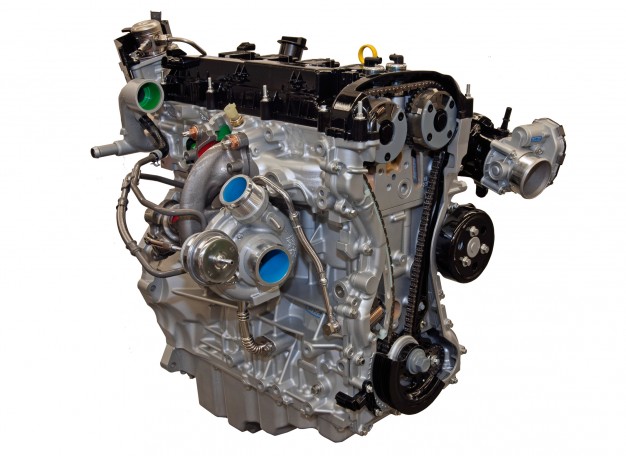The temperatures have dropped and winter is most definitely here – and there’s nothing worse than your car breaking down and leaving you stranded in the cold weather.
All vehicle engines need to be looked after during the winter months, but there are some special steps you should take to help protect and prolong the life of your turbocharger.
Follow our handy guide to winter turbo maintenance, and make sure you don’t get left out in the cold this winter.
Winter checks
To minimise the risk of turbo failure during the winter, the first thing you should do is check when your vehicle is next due a service – and if it’s overdue, then get it booked in!
A large proportion of turbo problems are caused through neglect, and can be avoided by having your engine serviced regularly by a competent mechanic. Make sure that whoever is servicing the vehicle both changes the oil, and fits a new oil filter, so that your turbo is protected from contamination damage.
The importance of oil
Turbochargers rely on oil to operate effectively. In addition to lubricating the spinning parts, the oil also helps to draw heat away from the turbocharger at high operating speeds.
Choosing the right oil for your vehicle is absolutely vital, and in winter, it’s even more important. The oil needs to remain thin enough at low temperatures to provide effective lubrication to the moving parts in the turbo, whilst remaining thick enough at high temperatures when the turbo reaches high speeds.
Check in your vehicle handbook, or online to make sure you’re using the right, high-grade oil that meets the API quality specifications of your engine. Using low grade, unsuitable oil can expose your turbocharger to friction damage, and can carbonise inside the turbocharger. These carbonised deposits will clog up your turbo, hampering performance and efficiency, whilst reducing its lifespan.
In addition to choosing the right oil, it’s just as important that you keep your oil levels topped up, so check them regularly throughout the winter months, especially before long journeys, and keep a bottle in your vehicle at all times.
Driving carefully
During winter, it’s also important that you adapt your driving practices to account for the colder temperatures, to avoid unnecessary wear and damage to your turbo.
After starting your car, wait for between 5 and 10 seconds before setting off. This gives time for the oil to reach your turbocharger, preventing friction damage.
In cold weather, it’s also sensible allow your car engine to warm up a little before setting off, so that the oil becomes warm enough to effectively lubricate the moving parts on your turbo. Waiting just a couple of minutes with the engine running will help to prolong the life of your oil and turbo, whilst helping to minimise wear on your engine.
It’s also good practice to go steady for the first 5 minutes of your journey, and avoid revving the engine too hard. This helps to reduce unnecessary stress on your turbo, by allowing the oil to reach optimum operating temperature.
How we can help
Follow our guide, and hopefully, you’ll enjoy a winter of trouble free, turbocharged motoring, but if the worst does happen and your turbo does start to cause you problems, we’re here to help.
At AET, we provide expert turbocharger repairs and replacements on all kinds of passenger and commercial vehicles, and we pride ourselves on delivering a professional, high quality and competitively-priced service.
Get in touch with our expert team today on 01924894171 or email [email protected].



